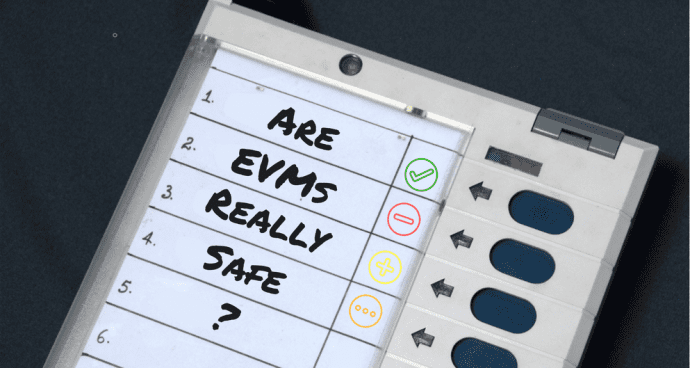Around 9.5 million users were sent emails from the company warning about a potential breach in one of their databases which consisted of basic information of a majority of their users like contact info and the courses being viewed. Lynda has reset the passwords of the compromised accounts and alerted the users of the change. Security issues such as these might not seem quite welcoming to Microsoft, who had recently acquired Linkedin and its subsidiaries in a bid surplus of $26 billion. A Lynda representative told VentureBeat that the ‘passwords were cryptographically salted and hashed’, and no financial information was leaked in the hack. In an email to its users, Lynda.com wrote: “We recently became aware that an unauthorised third party breached a database that included some of your Lynda.com learning data, such as contact information and courses viewed. We are informing you of this issue out of an abundance of caution. Please know that we have no evidence that this data included your password. And while we have no evidence that your specific account was accessed or that any data has been made publicly available, we wanted to notify you as a precautionary measure. If you have any questions, we encourage you to contact us through our Support Center.
Online Breaches are on a Rise
In 2012, Linkedin also faced the brunt of a cyber attack as 117 million of its users’ account information was compromised. There have been major security issues among major corporations in the recent years, with Yahoo taking a hit very recently as more than a billion of its users’ accounts were compromised in one of the biggest cyber attacks. Earlier this month, AirDroid, one of the most popular remote management tools for Android, also reported that more than 10 million users of the service faced threat when using the app on open networks. As the world is making a swift shift to the online space, security concerns among major corporation have been on the rise. In order for online businesses to maintain trust among its userbase, they’ll have to implement better security measures to avoid such attacks in the future. The above article may contain affiliate links which help support Guiding Tech. However, it does not affect our editorial integrity. The content remains unbiased and authentic.








![]()